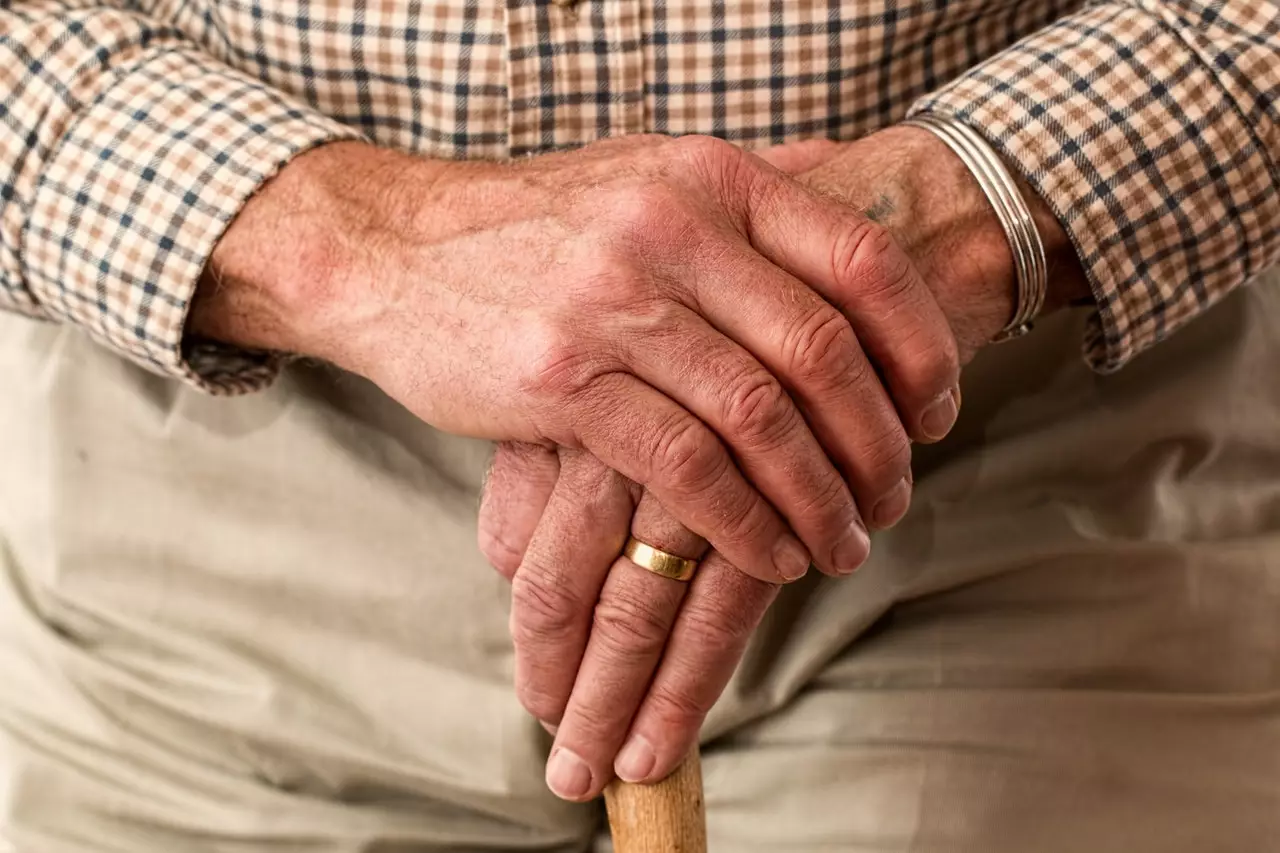Growing up, one of the lessons we’re all taught is to respect our elders. Unfortunately, many people fail to take this to heart. Unscrupulous family members and other bad actors often take advantage of senior citizens, especially when it comes to their finances.
According to one study, elder financial abuse accounted for roughly 18% of elder abuse reports. However, the actual percentage is likely much higher; only about 1 in 44 financial abuse cases is ever reported. Because many elderly people live off of their investments, the consequences of this type of abuse can be particularly extreme.
The best way to protect our elderly family members is to know the signs of elder financial abuse. By recognizing the abuse as soon as possible, we can hopefully prevent irreversible damage to their finances.
In this article, we will cover everything you need to know about elder financial abuse.
What Is Elder Financial Abuse?

Elder financial abuse is theft or mismanagement of an elderly person’s assets and/or investments. These may include real estate, bank accounts, or other property that belongs to the elderly person.
Need Legal Help? Let’s Talk.or, give us a ring at 800-732-2889.
Because the abuser is often a close family member, or trusted financial advisor, elder financial abuse frequently goes unnoticed.
If you or someone you know is a victim of elder financial abuse, it’s important to act quickly. The elder financial abuse attorneys at the Law Offices of Robert Wayne Pearce, P.A. can help walk you through the process to protect your rights and interests. Contact us today to schedule a consultation.
Signs of Elder Financial Abuse and Exploitation
At the Law Offices of Robert Wayne Pearce, P.A. we have seen firsthand the effects of elder financial abuse. Spotting the signs of elder financial abuse can be tricky, but it’s important to learn how to recognize them so that you can protect your loved ones.
The following are some common signs of elder financial abuse and exploitation:
Sign 1. Unusual Bank Account Activity
As they get older, many people grant financial powers of attorney to their spouse or adult children or trusted financial advisors. While this is perfectly normal, it opens up the possibility that the designated person may abuse that power.
If you suspect elder financial abuse, pay close attention to the elderly person’s bank accounts and investments in their brokerage accounts. Withdrawals, transfers, or other suspicious activity like new or inactive accounts suddenly becoming active are red flags. The elderly person may be making these transfers themself, but it’s always good to be sure, since it could be for the wrong reasons (like the internet scams discussed below).
Keep an eye on their investments as well. An elderly person’s portfolio is typically structured to provide a livable income off interest alone through low-risk investments. Keep an eye out for restructuring of investments to riskier funds or unexplained “cash outs.”
Sign 2. Suspicious Internet Activity
Over the past few years, there has been a drastic increase in the number of online scams targeting elderly people. Because elderly people are more trusting and less able to distinguish a scam from a legitimate venture, scammers frequently target them with fake tech support calls and the like.
One of the most common online scams involves the scammer posing as a lover, friend, or family member online. After contacting the elderly victim, the scammer then requests money for plane tickets or some kind of emergency.
This sign may be impossible to notice without speaking to the potential victim. Be wary if they mention someone new they met online or if you notice suspicious financial activity initiated by the victim.
Sign 3. Missing Food or Unpaid Bills
Ordinarily, caregivers or family members will make sure that an eldery person’s home is stocked with food and that bills are paid on time. Especially in a world with automatic bill payments, aging parents shouldn’t have to worry about paying their bills on time. A lack of food in the house and unpaid bills are indicators that that money is going elsewhere.
Sign 4. Frequent Requests for Money by Someone Close to the Victim
If someone makes frequent demands for money, that could be an indicator of financial exploitation. Anyone from neighbors to adult children may try to make frequent requests for money because they know the victim may have a poor memory or may have difficulty saying no.
Keep in mind that elder financial abuse like this is often subtle. Demands may not always be for large amounts of cash; this sign also includes polite requests for small amounts here and there. Over time, however, those “small amounts” can become exploitative.
Sign 5. Payment for Unnecessary Services
Door-to-door salesmen and “cold callers” may try to a upsell your elderly family member on services they don’t want or need. One common example of door-to-door sales abuse is roof repair or landscaping work. Cold callers barrage elderly at home with the next best investment in gold, silver, diamonds, and the next supposed Apple, Amazon, or Nextflix investment opportunity to get into before its too late! These scams can take many different forms and may be difficult to spot.
Sign 6. Threats or Coercion
It may be difficult to imagine, but people may threaten their elderly family members to obtain money. These threats usually do not involve force, but rather things like, “I will put you in a home” or “I will stop visiting you.” If you don’t buy this stock, I’ll never call you again with any investment opportunities. The abuser may also instruct the victim not to tell anyone what is happening. As a result, you’ll often have to pay close attention to spot this sign of elder financial abuse. Watch for a change in the elderly person’s demeanor or mood, especially around a suspected abuser.

What to Do If You Suspect Elder Financial Abuse
If you suspect your loved one is the victim of elder financial abuse, there are a couple things you can do. If there is a health emergency, call 911 immediately; calling state adult protective services may also be appropriate in some circumstances.
In most cases, your next step should be contacting an elder financial abuse attorney. They can provide legal advice and support to help stop the abuse and may be able to help the victim recover lost assets.
Elder Financial Abuse and Financial Fraud Attorneys
At the Law Offices of Robert Wayne Pearce, P.A., we have the experience and resources necessary to properly handle your elder financial abuse claim. We’ve helped hundreds of clients with securities and investment fraud of all kinds and are prepared to give you the professional, dedicated representation you need. Contact us today through our website or by phone at 800-732-2889 for a free consultation.

